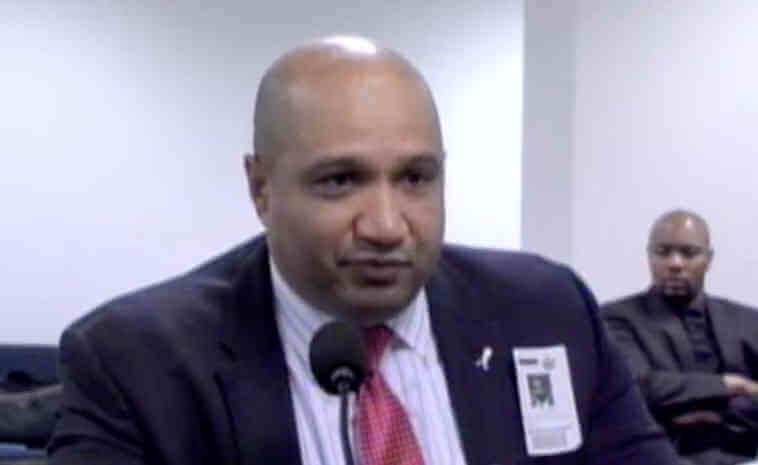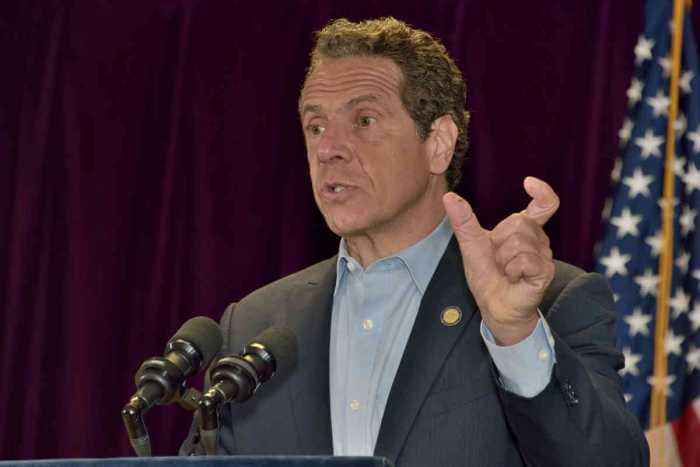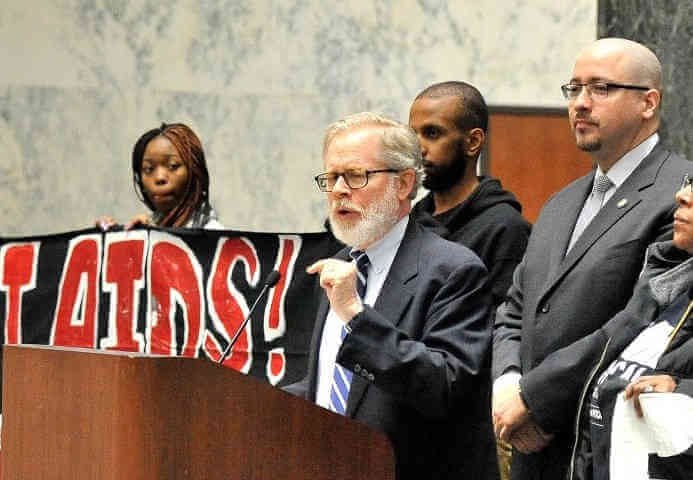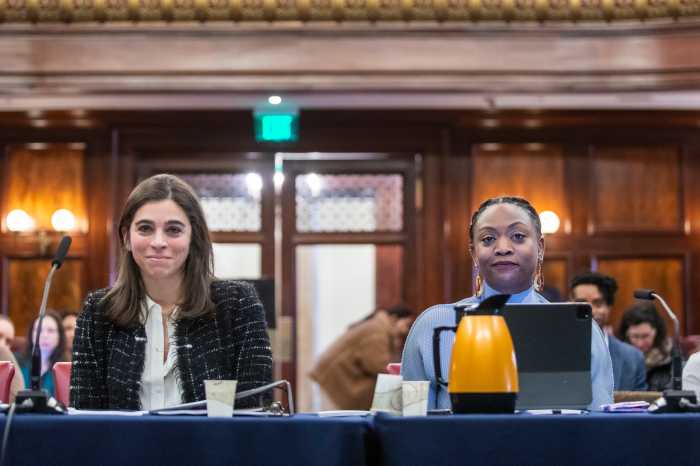The Albany County district attorney made an impassioned plea for taxing and regulating the sale of marijuana to adults at a State Assembly hearing October 16, saying ending the war on pot is a logical next step in the process that began in 2004 with the repeal of the draconian Rockefeller era drug laws.
David Soares, who is also the president of the New York State District Attorneys Association, said there is disagreement on this issue within that group but that “several” DAs had similar views. Soares has intensively studied Colorado’s example as the first state to permit adult use of marijuana and emphasized that the new tax revenues from legalization must restore “vulnerable” communities where residents have been arrested by the tens of thousands while pot use by white New Yorkers was overlooked by law enforcement.
“Real Courage,” he told a joint hearing of several Assembly Committees on adult use of marijuana, is about addressing the “aftermath” of the war on drugs, winning the peace with a plan for “reconstruction” of neighborhoods unsettled by mass incarceration. Simply closing the illegal market for pot could have grim consequences; dealers could replace what is on their shelves with opioids.
“If you don’t recycle the money, you’re buying yourself a bigger problem,” Soares warned.
Proposed legislation creating a tax and regulate system provides for community reinvestment. Sponsored by Manhattan Democratic Senator Liz Krueger and Assemblymember Crystal Peoples-Stokes, a Buffalo Democrat, the measure creates a marijuana revenue fund from tax receipts — net of administrative and oversight costs — that would funnel 25 percent to the State Education Department, 25 percent for drug treatment and public education, and 50 percent for community reinvestment.
Specific regulations implementing the legislation would be drafted by a new bureau in the State Liquor Authority, which was established in 1933 to create from scratch a system of legal liquor sales following the repeal of Prohibition. The SLA would repeat this mission by licensing and managing the production and sale of legal marijuana.
A cornerstone of the SLA is a system favoring small business ownership of retail outlets, Krueger told a conference, also held October 16, organized by Capalino+Company, which is recruiting clients that would benefit from a regulated market. Under this approach — which represented a persistent theme touched on at the event that drew roughly 200 people — residents of low-income neighborhoods would be given an opportunity to go into business as retail sellers of legal marijuana.
Billed as the “Cannabis Summit: Developing a Sustainable Cannabis Economy in New York,” the Capalino event featured a keynote addresses by Melissa Mark-Viverito, the former City Council speaker who is now a senior official at the Latino Victory Fund, and Melissa Moore, the deputy state director of the Drug Policy Alliance, a leader in the movement to end drug prohibition.
Krueger’s bill would permit people with marijuana convictions to petition for a review of their criminal justice records. Marijuana convictions complicate the abiity of some to access jobs and scholarships for which they are otherwise qualified.
In his hearing testimony, Soares strongly supported this objective, saying, “We must work to seal and reclassify” previous convictions and “move from stigma to opportunity.”
Krueger voiced particular pride that her bill would respect New Yorkers who object to second-hand smoke. Tenants in smoke-free buildings would be prohibited from smoking pot at home. Doctors, she said with a sly grin, believe that inhaling a burning leaf of any kind is dangerous.
Soares — responding to questions from the Assembly panel chaired by Dick Gottfried from Manhattan, the Health Committee chair, Joe Lentol from Brooklyn who heads the Codes Committee, and Manhattan’s Linda Rosenthal, chair of the Committee on Alcoholism and Drug Abuse — devoted a lot of time to addressing the risks of drivers being stoned. Currently, the police bring charges as soon as they smell pot, but with legalization that trigger would disappear. The Albany prosecutor said police would have to be trained in drug detection, and if a reliable blood test were developed police labs would need additional funding. He recommended that anyone refusing a blood test have their license suspended.
In any discussion of plans for legalizing pot, Krueger acknowledged, the elephant in the room is a proposal from Governor Andrew Cuomo that is likely to be part of the budget he unveils next year. The governor’s wishes would hold center stage in Albany.





































